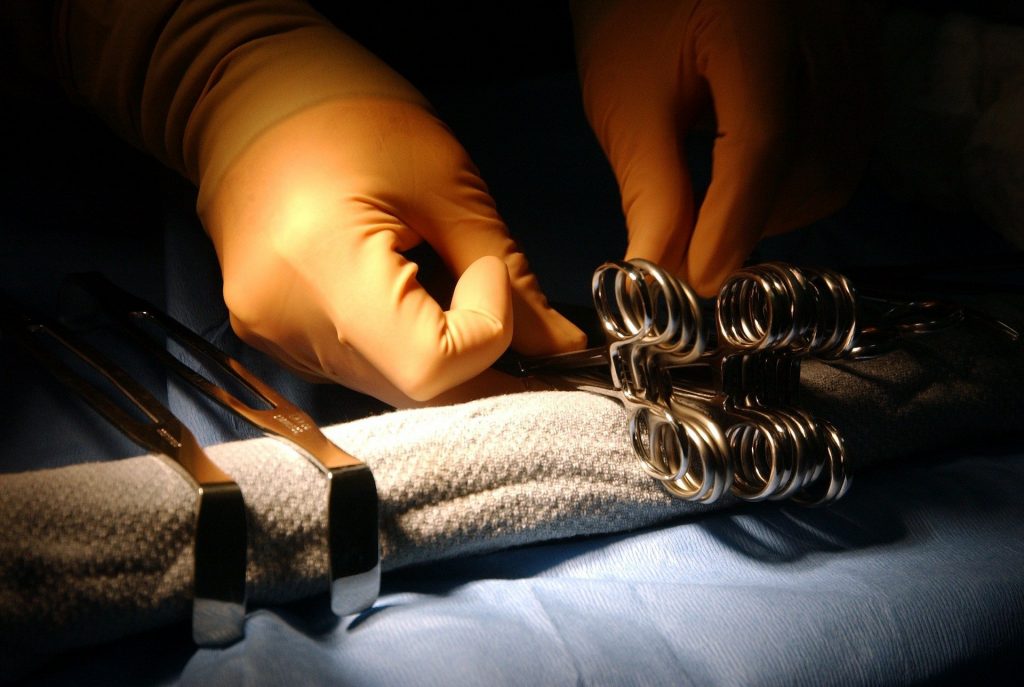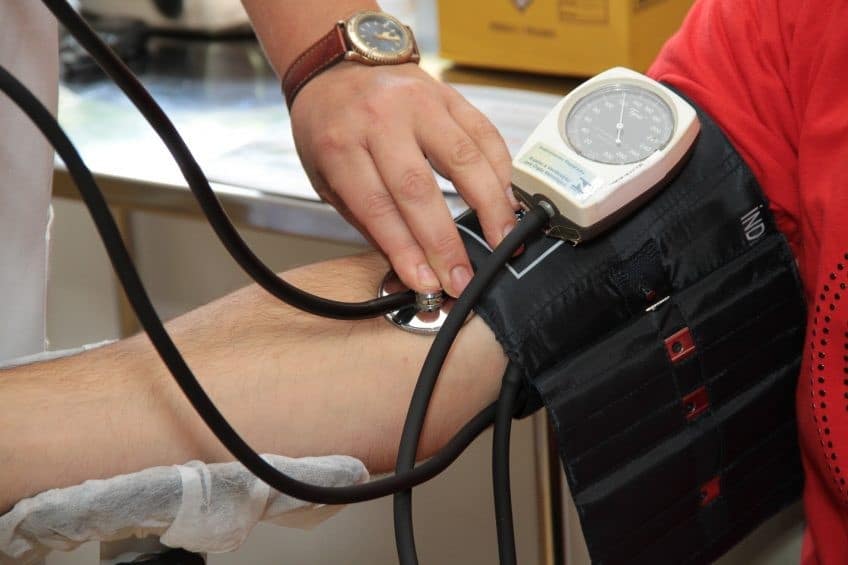Johns Hopkins Study Evaluates Medical Errors
Medical MalpracticeAccording to a press release from Johns Hopkins Medicine, medical errors are considered to be the third highest cause of death in the United States.
The Study
Patient safety experts with Johns Hopkins examined death records over an 8-year time frame and calculated that more than 250,000 deaths per year were due to medical errors.
The study figures correlate with four separated studies done that examined the rate of “medical death” from 2000 to 2008. In total, the study analyzed over 35 million hospitalizations finding 251,454 deaths “stemming” from a “medical error.” The researchers claim this figure represents 9.5 percent of all deaths by year in the United States.
The researchers also cautioned that “most’ medical errors were not due to “inherently bad doctors” and that the reporting of errors should not be met with punishment or legal action.
While the study numbers are just numbers and the problem is not derelict doctors, the researchers indicated that “most errors represent systemic problems, including poorly coordinated care, fragmented insurance networks, the absence or underuse of safety nets, and other protocols, in addition to unwarranted variation in physician practice patterns that lack accountability.“
The Making of a Medical Malpractice Case
As suggested by the study, the problem is not inherently bad doctors as the overwhelming majority of those people have dedicated their careers and much of their lives toward helping people.
In my experience with Florida medical malpractice lawsuits, a significant number of cases involve patient care that is not well coordinated or the lack of appropriate safety nets. This is a concept that is much larger than any one doctor, nurse, or even hospital.
On the other hand, cases that involve a diagnostic delay or a direct challenge to the judgment of a physician are generally considered “defensible” cases, meaning that there is an explanation behind the delay in reaching the correct diagnosis.
The medical profession, however, is self-policing. In Florida, you need an affidavit from a doctor and a good faith pre-suit investigation to certify that reasonable ground exist to believe that medical malpractice occurred.
Going back to the idea of poorly coordinated patient care and the lack of adequate safety nets, the question of whether your injury was preventable is a good starting point to determining whether a medical error was in fact malpractice. If the injury was preventable, then you must question what could have been done to prevent the outcome and whether that was reasonable to expect under the circumstances.
Seek An Opinion From A Florida Medical Malpractice Lawyer
These questions are often not easy to answer, even for those of us who regularly evaluate medical malpractice cases. To come to a conclusion, a medical malpractice lawyer may have to do some medical research before giving you an opinion as to whether your injury was not only preventable but also the result of care that falls below the “standard of care.”
If you have a question as to whether you or someone you know has been injured as a result of medical malpractice in Lakeland, Florida, you should contact us for a free consultation and case review. If we believe you have a case, we will accept your case on a contingency fee basis meaning that there are no fees or costs unless money is recovered for you.


